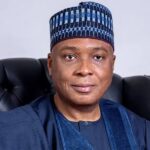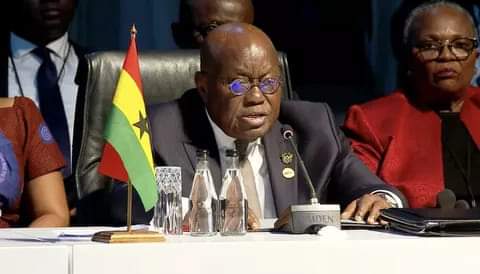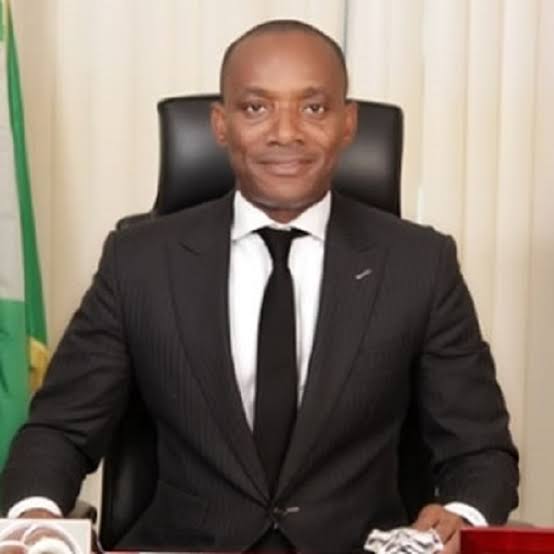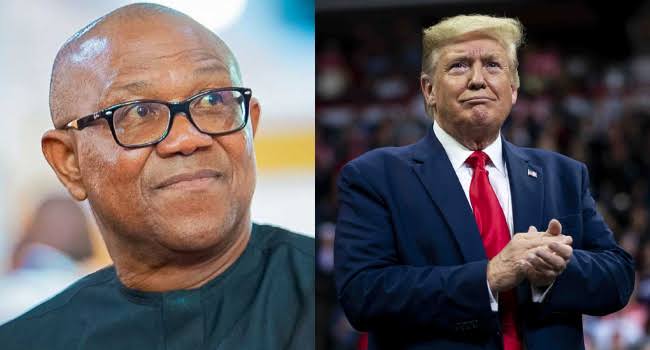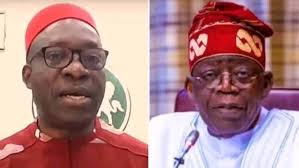President Akufo-Addo holds a positive outlook regarding a strong collaboration with BRICS nations, believing it will play a significant role in advancing Africa’s development.
He emphasized that when combined with a sound trade framework within the continent, such cooperation has the potential to usher in substantial progress across Africa.
The President conveyed this perspective during his participation in the BRICS Summit held in South Africa. This comes shortly after Saudi Arabia, Iran, Argentina, Egypt, Ethiopia, and the UAE expressed their intentions to join the BRICS group.
“I am confident that a strong partnership with the BRICS nations can help construct a prosperous and self-confident Africa,” he said on Thursday, August 24.
While addressing the attendees in Johannesburg, President Akufo-Addo emphasized the need for essential reforms within the United Nations, particularly in the structure of the Security Council.
“The contemporary world has moved on significantly from the post-1945 world which gave rise to the birth of the United Nations and the make-up of the Security Council. The world of 2023 is not the world of 1945.”
He pointed out that the circumstances that initially led to the establishment of the UN have evolved, but numerous challenges from that time still endure.
Currently, he asserts that the current system is unfair and puts developing nations, including African member states, in an unfavorable position.
He insisted that the challenges that necessitated the creation of the UN would “continue until a fair system is out in place.”
“A system that reflects the new balance, no longer based on who won or lost the Second World War, but on the major contemporary and future balance,” he added.
The Global Chair of the BRICS Business Council has already urged African leaders to break free from ideological constraints and instead focus on advancing the development of their nations.
Busi Mabuza believes that this can be accomplished by embracing non-traditional alliances and partnerships that will unlock new avenues for mutual growth and investment opportunities for their citizens.
More than 40 countries have expressed interest in becoming part of BRICS, with 23 of them formally submitting membership applications. This expansion further cements BRICS as a coalition of major global economies, collectively representing a quarter of the world’s economy and 40 percent of the global population.
Originally BRICS comprises of Brazil, Russia, India, China, BRICS was established by adding South Africa to the existing BRIC group in 2010.






